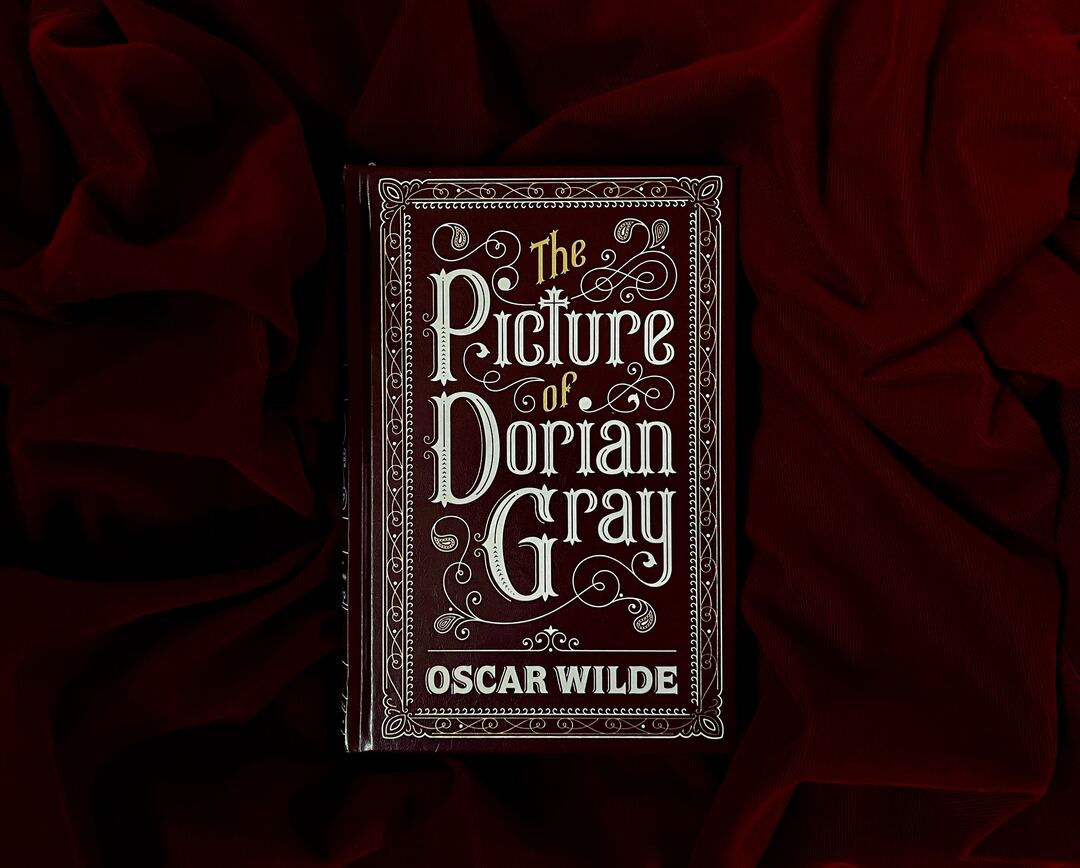
When I was in college I took a class that explored classic Gothic literature novels. We read books like Frankenstein, Carmilla, Dracula, The Portrait of Dorian Gray, and so on. Some of these novels ended up being books that really changed the way I viewed writing and reading, and gothic literature quickly became one of my favorite genres. I love the descriptions of (usually) grand Victorian settings, the eerie tones, the shadows lurking in every corner, and the most unreliable of unreliable narrators.
There’s something about truly not knowing where a story is going that captures my interest so completely. A lot of psychological thrillers have a similar quality, but they are often more fast-paced and blood-pumping (which I do still enjoy when I’m in the mood for it), as opposed to the slow-building, bone-chilling nature of Gothic novels.
For me, they’re just the perfect books to read on a rainy day, sunny day, or any kind of day.
Recently there’s been a resurgence of modern gothic tales, so I decided to compile a list of some of my traditional favorites as well as some modern gothic novels that I think anyone interested in Gothic literature should read. Because I haven’t posted in a while and I’m feeling a bit lazy, I decided that instead of giving a detailed recommendation for each one, I would try to give a one-sentence summary for each that would (hopefully) persuade you to read them. Take a look.
- Carmilla by Sheridan Le Fanu
A young woman desperate for companionship is approached by a mysterious traveler who attempts to befriend her while carrying many secrets of her own. - Mexican Gothic by Silvia Moreno-Garcia
A headstrong woman is beckoned to her sister’s aid when her sister starts to believe that her husband is poisoning her; upon her arrival to the house, strangeness ensues. - We Have Always Lived in the Castle by Shirley Jackson
After a mass poisoning kills a portion of their family, three remaining family members live in isolation until their estranged cousin intrudes and stirs up old memories and unanswered questions. - The Shadow of the Wind by Carl Ruiz Zafon
After reading and falling in love with a particular novel, a young boy sets out to discover what happened to the author and the other copies of this book. - My Cousin Rachel by Daphne du Maurier
A man begins to investigate his guardian’s suspicious death, only to then fall in love with his guardian’s now-widow who may or may not be a murderer. - Rebecca by Daphne du Maruier
A young, orphaned girl is whisked away to a rich marriage and life, until she starts to become obsessed with the mystery surrounding her husband’s late wife. - Northanger Abbey by Jane Austen (Gothic satire, but still enjoyable)
A naive woman is consistently hampered by miscommunication outward influences as she lets her imagination get the best of her in this Gothic satire. - Wuthering Heights by Emily Bronte
Hijinks ensue when two terrible people ruin their own lives and make everyone around them miserable, but there’s quality writing and a satisfying ending. - Jane Eyre by Charlotte Bronte
A governess struggles to make ends meet until she finds a job that will pay well so long as she suffers the torturous antics of her employer. - Child of God by Cormac McCarthy (not an easy read)
A man devolves into an isolated serial killer after enduring terrible circumstances throughout his life and decides to inflict that pain on others (yikes). - Frankenstein by Mary Shelley
The classic tale of a scientist creating a companion with little consideration for the consequences of his actions. - The Picture of Dorian Gray by Oscar Wilde
A sordid tale of a young man’s obsession with self and descent into madness.
Of course, some of these novels are extremely well-known, and those of us who are interested in Gothic literature have already read them. Still, they’re on the list for those who may need a reminder or gentle nudge to give them a shot. There are also some classics that I don’t necessarily recommend, like Dracula. I tried to include books I genuinely found interesting and captivating, not just books that pioneered the genre. For me, Dracula is the latter and not the former. Also, I didn’t include short stories like those of Edgar Allen Poe because I will likely comprise a list of Gothic short stories and poems/poetry anthologies in the future. There are so many options!
The Lit Wiz
